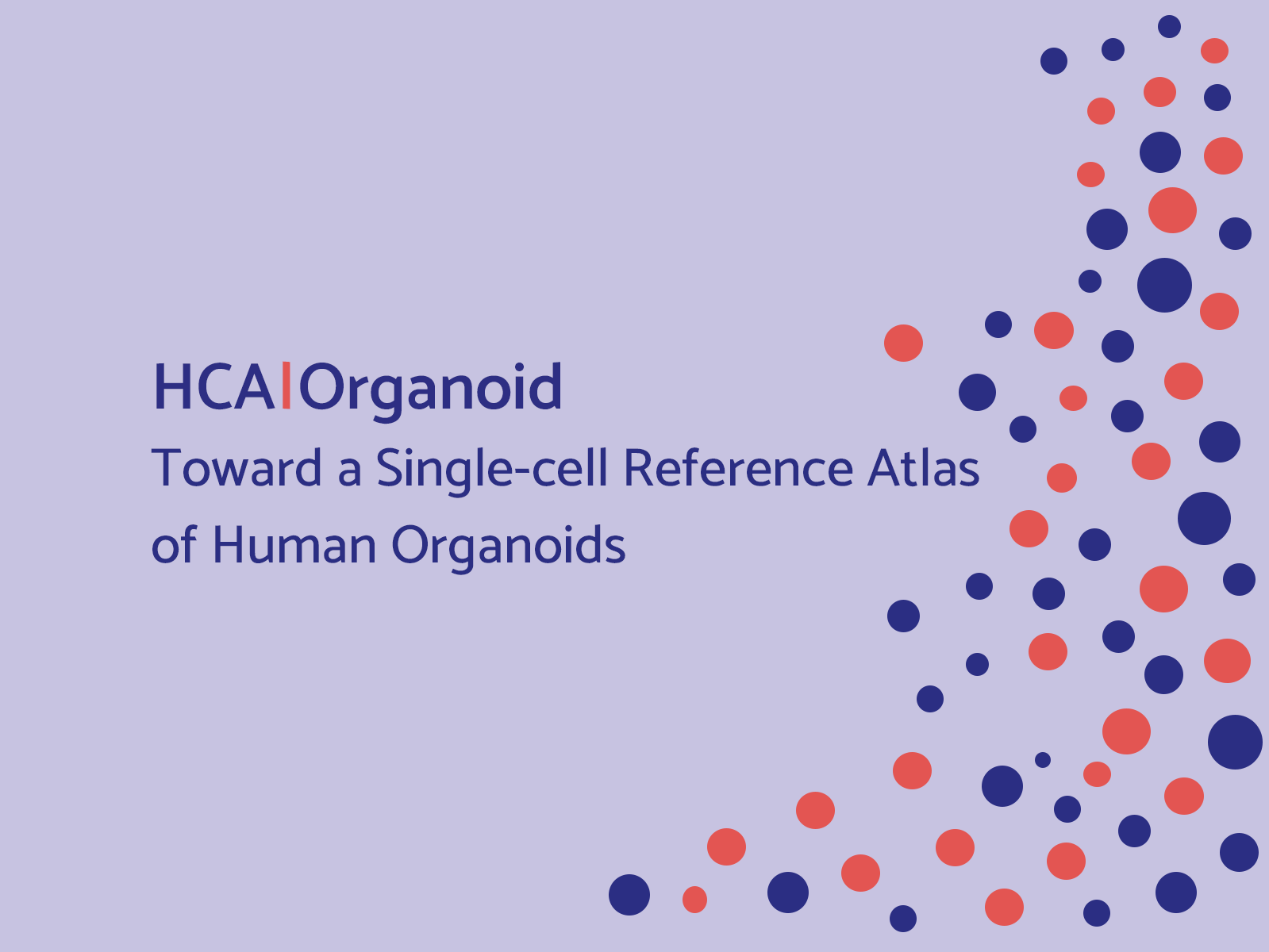New EU-funded Research Project “HCA|Organoid”: Toward a Single-Cell Atlas of Human Organoids for Biomedical Research
Single-cell technologies provide a fundamentally new perspective for understanding biology, with profound potential to enable therapeutic advances and to put Europe at the forefront of personalized medicine and regenerative biology. In order to streamline research and accelerate scientific progress in this area, the Human Cell Atlas (HCA)(opens in new window) initiative provides worldwide coordination toward the goal of establishing comprehensive reference maps of all cell types in the human body. Within the global context provided by the HCA, the new European research project HCA│Organoid has set out to establish an “Organoid Cell Atlas”. This initiative will firmly establish single-cell analysis of human organoids within the HCA and thereby advance biomedical research. This vision is outlined in a strategy paper that is publicly available as a preprint (DOI: 10.5281/zenodo.4001718). In a nutshell, researchers will use single-cell data as a “Rosetta stone”, helping to translate between results obtained from tissue samples of patients and analyses of the experimentally more flexible organoids grown in vitro (which constitute “patient avatars” in the laboratory). For example, researchers may identify a novel disease-associated cell type in primary patient samples, create equivalent cells in human organoids, and then investigate potential therapeutic strategies in vitro. Toward realizing this vision, the HCA|Organoid project will initially focus on establishing single-cell transcriptomes, epigenomes, and time-series imaging of human organoids and matched primary tissue from healthy donors. The project will derive and comprehensively characterize human brain and colon organoids from 100 individuals each, in order to capture population variation and to establish a comprehensive reference for disease-centric research. The single-cell maps will be integrated into a public Organoid Cell Atlas Portal, which will provide user-friendly access to single-cell data of organoids in connection to human primary samples. This scientific resource will support several proof-of-concept studies, for example focusing on disease modeling for genetic epilepsy in brain organoids, on organoid cancer models, and on the characterization of disease-linked genetic variants in colon organoids. The HCA│Organoid project brings together a consortium of eight partner institutions including experts in organoid technology, single-cell profiling, advanced imaging, and bioinformatics from Austria, Germany, the Netherlands and Switzerland. In addition to its initial focus on single-cell profiling of brain and colon organoids, the project seeks to initiate an open, collaborative network of researchers and initiatives aimed at the single-cell characterization of a diverse set of human organoids. “We are excited to combine single-cell profiling with organoid technology, and to contribute a focus on human organoids to the Human Cell Atlas. These are complementary technologies that together will bring us an important step closer to the rational development of future therapies for a wide range of diseases,” said Christoph Bock, project coordinator and principal investigator at the CeMM Research Center for Molecular Medicine of the Austrian Academy of Sciences.



